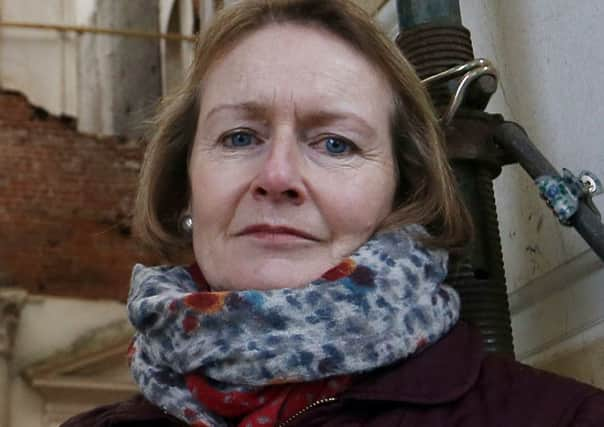Trust wants farm subsidies only for wildlife help


Around £3bn a year is currently paid to farmers and landowners under the European Union subsidy system which is “broken” and the vote to leave Europe provides a chance to rethink it, the Trust’s director general Dame Helen Ghosh said.
Decades of post-war intensification backed by subsidies have produced a “double whammy” of harming wildlife, she said, with 60 per cent of the UK’s studied species in decline, while healthy soils which help food production have also been damaged.
Advertisement
Hide AdAdvertisement
Hide AdLeave campaigners had promised subsidies would continue in the short term after Brexit but very few of those politicians remain in post under Theresa May’s premiership.
Over the long term the National Trust - which itself receives £11m a year in subsidies in addition to the payments claimed by its tenant farmers - wants the system to be reformed so that public money only pays for public goods.
In a speech at Blenheim Palace, Oxfordshire today, Dame Helen will set out proposals to put protecting nature and natural resources at the heart of a new agricultural system.
Taxpayer money should be used to support the things that the public values and needs - but the market will not pay for - such as wildflowers, bees and farmland birds, water meadows and winding rivers that prevent flooding in towns downstream, she will say.
Advertisement
Hide AdAdvertisement
Hide AdAnd the market should pay a fair return for food production, while farmers should receive rewards from utilities or the tourism industry for managing the land to help produce clean water or a great holiday experience.
Only £600m of the £3.1bn farmers receive benefits wildlife, the environment and heritage, with the rest paid as ‘basic payments’ on the basis of the amount of land owned.
The National Trust receives £8m in basic payments and £3m for wildlife-friendly schemes, but says it uses all the money to support conservation.
In her speech, the organisation’s chief will call for all subsidy payments to be dependent on meeting higher standards for looking after wildlife, soil and water.
Advertisement
Hide AdAdvertisement
Hide AdInstead of receiving more money for more land owned, the farmers who do the most for nature should get the biggest payments, she will argue.
Ahead of her speech, Dame Helen said: “The current system is broken and it’s broken in a number of ways.
“From our perspective as a conservation charity, it’s because of the impact the subsidy system has produced in the dramatic and disastrous decline in wildlife, in nature, in species.
“But equally importantly, intensification has also produced significant impacts.
Advertisement
Hide AdAdvertisement
Hide Ad“I believe taxpayers will think much more carefully about what they want to be subsidising. That is why we are starting the debate now.”
She said she was “optimistic” about making the change as farmers and landowners, including the National Trust, are already working with utilities to manage land for water quality and putting in “landscape sensitive” renewables schemes.
Farmers are also diversifying into ecotourism, glamping and other schemes that provide access to the countryside, she said.